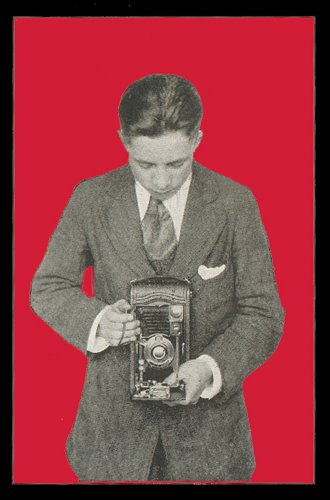
5000 Cartier Avenue, New Orleans, Louisiana, September 2005. Photograph© Robert Polidori
In case you haven't seen it, check out Spike Lee's Katrina Documentary: "When The Levees Broke: A Requiem In Four Acts". It is, I think, a very important film and required viewing for all Americans or anyone concerned about the damage and carelessness of the policies that the smug and contemptable pricks in Washington have brought forth in our country. Alright, I'm gonna restrain myself and not go off any further. I have no interest in turning this blog into a political forum. It's about the music.
A few months ago I was at the Met with a friend of mine to see the Robert Polidori show of post-Katrina Photographs. The pictures reek of death. They are for the most part, the interiors and exteriors of homes and lives destroyed by the flood. No people, just ruins and remnants. To lighten the mood, I turned to my friend and said, half-jokingly "think of all the records that were lost!" No doubt, a good deal of the history of what we call American music originates from, and is/was archived in the Crescent City.
Well, I saw this article the other day and my heart sank .
"...Danny Barker, who was born in 1909 and would have been known merely as a fine, early-period guitar and banjo player, were it not for his compulsion to document the first chapters of jazz history.
Early in life, Barker had befriended the first jazz composer, New Orleanian Jelly Roll Morton, when Morton was attempting to revive his career in New York, from 1938 to 1940. It was Barker who shot the best-known photographs of Morton in Harlem, and thereafter Barker collected every shred of paper, image and recording of early jazz that he could find.
Until his death in 1994, at age 85, Barker continually augmented the collection he jammed into a 17-by-20-foot room at the back of his New Orleans house, on Sere Street. Anyone who ever stepped into the single-story home had to be startled by the sheer volume of material packed into it, floor to ceiling.
“When he would come home at night, he would sit at the kitchen table and he would work on things, write a song lyric or work on a chapter for a book,” recalled his daughter, Sylvia Barker.
“And when the housekeeper came in the morning, he’d say, `Just take all my stuff and throw it all in a bag.’”
Hundreds, perhaps thousands of these little plastic bags filled the back room. They included unique material: questionnaires Barker distributed to New Orleans musicians as far back as the 1940s; unpublished manuscripts for first-person articles he was writing about early jazz; original, black-and-white negatives documenting the musicians he had known for more than 50 years; and handwritten notes, artifacts and music from uncounted sources.
Though representatives of the Hogan Jazz Archive at Tulane were able to rescue Baker’s collection of commercial recordings from the front of the house, most of his treasures in back were floating in waterlogged plastic bags.
Even material that the Barker family had put in safe-deposit boxes in a nearby bank, such as his literary manuscripts, succumbed.
All but 20 boxes of material was lost—more than 80 percent of Barker’s collection, according to Raeburn, the Hogan archive’s curator.
“Everything was gook, said Sylvia Barker.
This story originally appeared in the Chicago Tribune, by Howard Reich

REAL GONE















































